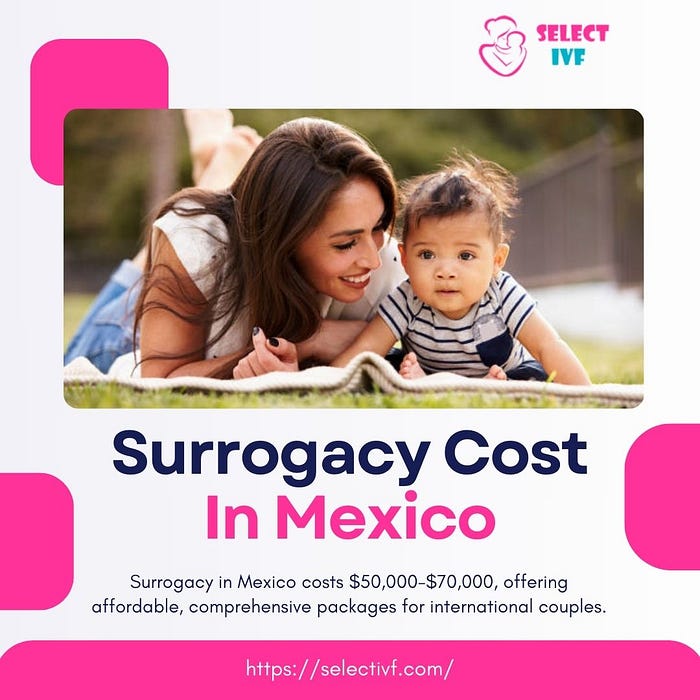Surrogacy in Mexico is gaining popularity among international couples due to its cost-effectiveness and comprehensive service offerings. The average cost of surrogacy in Mexico ranges between $50,000 and $70,000, making it an attractive alternative to countries like the United States, where expenses can be significantly higher.
Several factors contribute to the lower costs in Mexico. One of the primary reasons is the reduced medical expenses. The total cost generally includes all necessary medical procedures such as in-vitro fertilization (IVF), embryo transfer, and prenatal care. Mexican fertility clinics often offer advanced medical technologies and experienced medical professionals, ensuring high standards of care.
Legal fees are another area where Mexico offers cost savings. The legal framework for surrogacy in Mexico is clear and well-established, providing protections for both the intended parents and the surrogate mother. The legal fees, which are included in the overall cost, typically cover the drafting and review of surrogacy agreements, establishing parental rights, and handling other legal processes. This streamlined legal process contributes to the affordability and efficiency of surrogacy in Mexico.
Surrogate compensation is another integral part of the surrogacy cost. This compensation covers the surrogate’s medical expenses, living costs, and other allowances. Mexican surrogates are fairly compensated for their time and commitment, and these costs are included in the overall package, ensuring transparency and fairness.
Additionally, surrogacy agencies in Mexico play a crucial role in managing the surrogacy process. These agencies provide essential services such as matching intended parents with suitable surrogates, coordinating medical appointments, and offering ongoing support and counseling. Agency fees are also part of the comprehensive surrogacy cost, providing a hassle-free experience for intended parents.
Mexico’s geographical proximity to the United States and Canada is another advantage, making travel convenient for North American couples. The cultural similarities and ease of communication further enhance Mexico’s appeal as a surrogacy destination.
Despite the lower costs, Mexico does not compromise on the quality of care. Many Mexican clinics are equipped with state-of-the-art facilities and staffed by highly trained medical professionals. The high success rates of surrogacy procedures in Mexico reflect the quality and reliability of these services.
Overall, surrogacy in Mexico offers a balanced combination of affordability, quality medical care, and comprehensive support services. For many international couples, Mexico presents a viable and attractive option for starting or expanding their families through surrogacy.






Comments